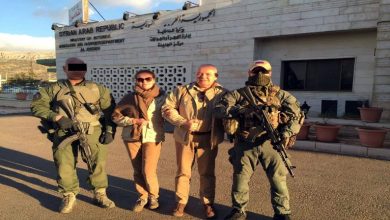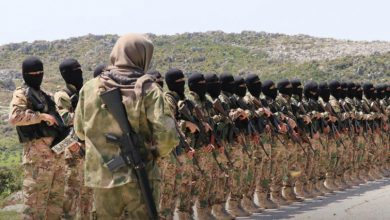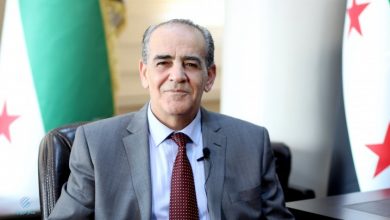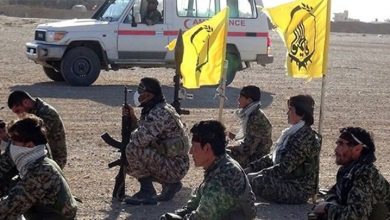A US senior official to Syria Files: “Assad knows where the solution lies and this is our position in Ain Issa”
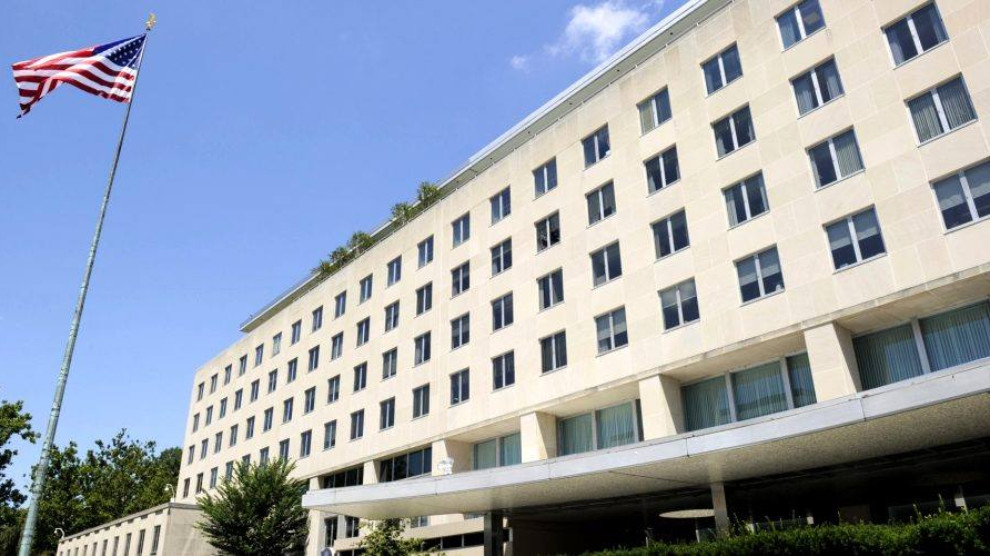
Interviewed by Abdullah Al-Ghadawi
In an interview with Syria Files, a senior US official stated that the regime has lost both its chance to resolve the conflict in Syria and to shape its outcome, indicating that Assad has no other choice but to follow through with the Security Council resolution 2254 and the political process.
The official, who preferred to remain anonymous, said that the US is working with all parties on the ground in Ain Issa to restore the ceasefire, explaining that the American administration does not have any plans to form new Syrian opposition, but it will not prevent any Syrian from expressing his political position either:
What is the American position in Ain Issa, especially in light of the SDF’s dealings with the regime?
I cannot address speculations (the SDF turning to the regime), but what I can say is that the US is working with all parties to restore the ceasefire signed in October 2019, which is in the interest of both parties. What we want in the United States is to defuse the crisis, a ceasefire, and a return of calm to those areas so that the people could go back to their normal lives.
We are not missing from the situation in Ain Issa, we are actively working through diplomatic channels and through our partners. The US’s position and policy are clear to all.
Did the United States mediate between Turkey and the SDF to bring stability to northeastern Syria?
We are working hard to communicate with all parties to prevent escalation and defuse the situation on the ground. We are playing the role of mediator between parties who refuse to communicate with each other (Turkey-SDF) to persuade them through diplomatic and political channels to resolve differences and not resort to violence. We are also sponsoring peace initiatives, an example of which would be spurring dialogue among the Kurdish parties so they would sit at the table and reach an agreement that might lead to stability in the northeastern regions.
How long will the United States wait for the Kurdish-Kurdish dialogue, and is there a new round?
The Kurdish parties who sat at the dialogue table achieved several agreements, but there are no deadlines for the Kurdish dialogue. All sides are enthusiastic about it and we support it. It is probable that the rounds of dialogue will resume soon with American support. As for the schedule, we cannot give a specific time, however, when they sad together there were good results.
US envoy Joel Rayburn stated that the US administration is optimistic about a political solution in Syria. What are the grounds for your optimism about a political solution and what will the position of the new administration be in 2021?
The regime has lost its chance to resolve the conflict in Syria on its terms and its ability to push for a specific outcome. Assad has no other choice but to adhere to the Security Council Resolution 2254 and to pursue the political process. We are now measuring the progress in Syria by closing all military options. Assad can only sit at the negotiation table in accordance with the Security Council Resolution 2254.
Does the United States see a need to form a new opposition other than the coalition, with talk of a new formation?
We heard rumors of the formation of a new opposition, which is not true. The American administration does not have any plans to form new opposition fronts, and neither will it prevent any Syrian from expressing their political position. However, the US does not seek to form any new party or platform on the Syrian scene.
We have advised the Syrian opposition to remain politically and professionally united, after all, Washington’s goal is to coordinate the opposition’s efforts.
With the obvious movement of ISIS and civilian protests in Deir Ezzor, will there be any reconsiderations by the US, in light of the marginalization of the Arab role?
There is a need for collective action in northeastern Syria and in Deir Ezzor to work on security and stability in 2021. In 2019, these areas were under military operations, while in 2020 the deal was based on a stability phase, which should continue. We understand what is going on there, and we listen to our partners. And in the future, the coalition will work through other non-military means.


